 Blogs
Blogs
Spectral flow cytometry and the growing array of commercially available fluorophores have led to the development of increasingly complex immunophenotyping panels. Generating robust data depends not only on a strong panel design but also on the use of appropriate reference controls and a solid understanding of spectral unmixing principles. …
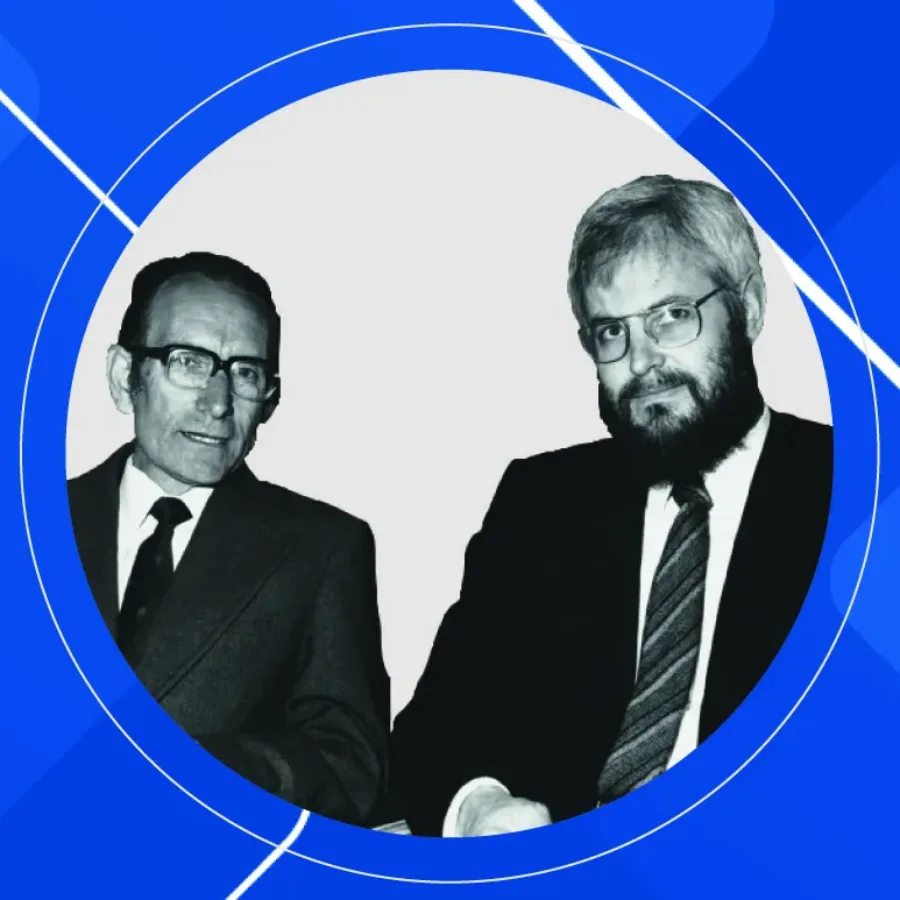 Blogs
Blogs
Georges Köhler and César Milstein: The birth of monoclonal antibodies They discovered the technique for monoclonal antibody production. They won the Nobel Prize in Physiology or Medicine in 1984. They directly led to the development of antibody-based therapies for a vast array of health conditions. Since their initial invention…
 Blogs
Blogs
Leonard Herzenberg: The father of modern flow cytometry He is considered the father of flow cytometry. He was an interdisciplinary innovator. He was recognized for his social advocacy and mentorship. Leonard Herzenberg was one of the most influential immunologists of his time. Committed to interdisciplinary collaboration and innovation, he…
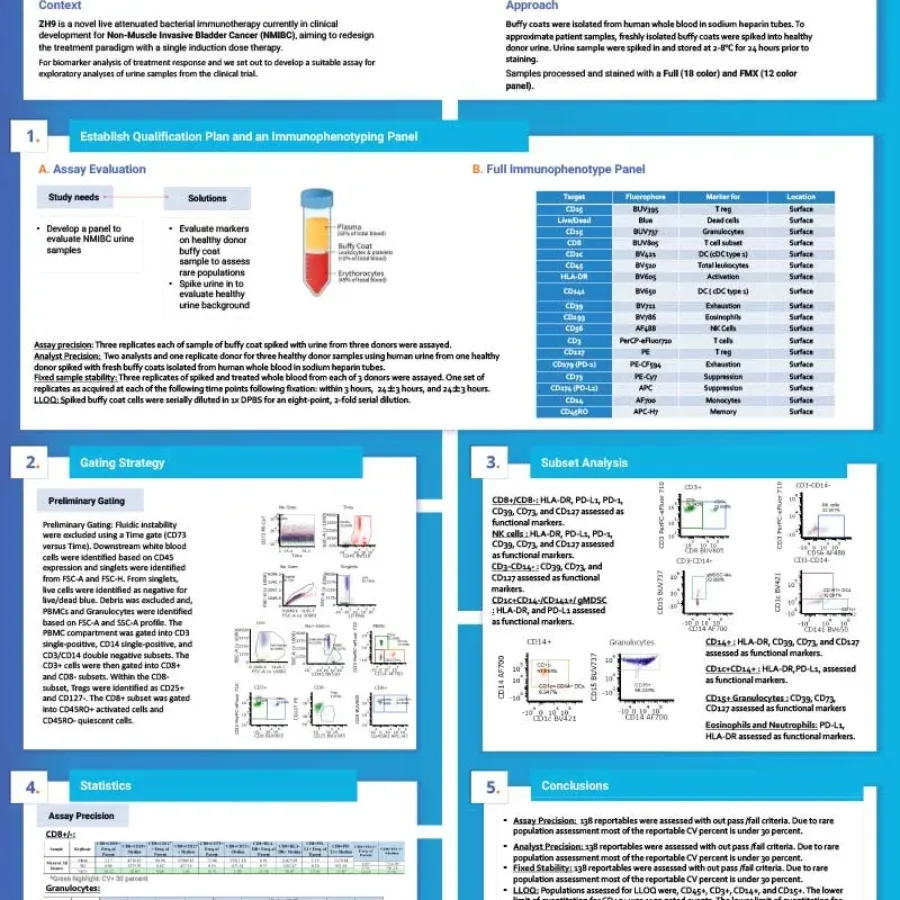 Posters & Papers
Posters & Papers
Please download this poster, “Flow Cytometric Analysis of Urine Cell 18-Color Immunophenotyping Panel.” 2024_WV_Carroll_SpectralUrineNMIBCDownload…
 Blogs
Blogs
Pioneers of RNA Medicine: The Collaborative Journey of Katalin Karikó and Drew Weissman The entire world benefited from their research in 2020. Despite facing skepticism, their collaborative efforts led to groundbreaking discoveries in RNA biology and immunology. They jointly received the Nobel Prize in Physiology or Medicine in 2023.
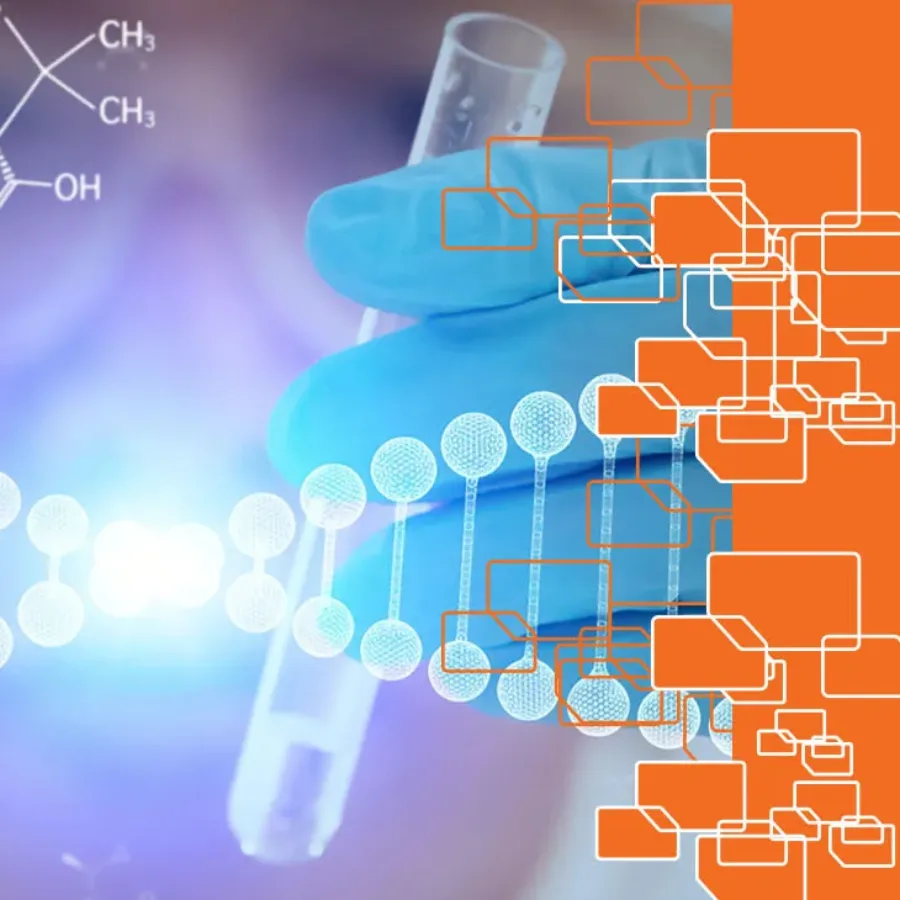 Blogs
Blogs
Two of the scientific experts from KCAS Bio have been leaders in determining the direction of qPCR and ddPCR technology for the industry. Carrie Vyhlidal, PhD and Jonathan Mercier are both part of the American Association of Pharmaceutical Scientists’ working group for PCR-based methodology, and they have recently…
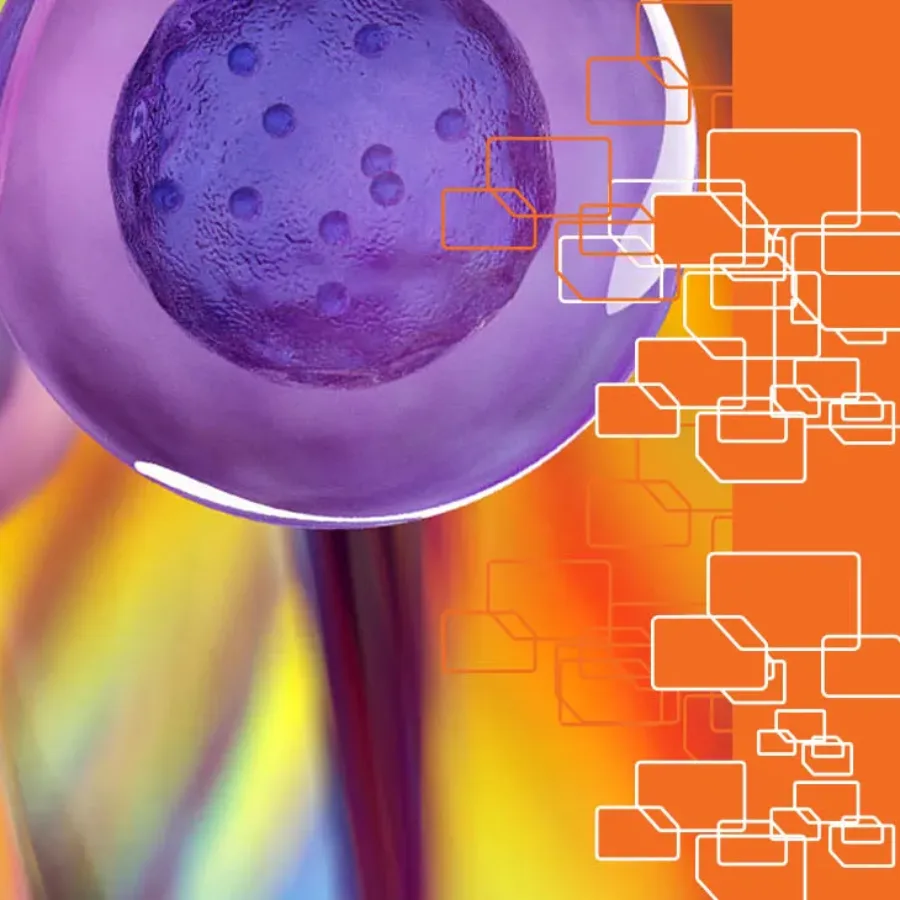 Blogs
Blogs
Flow cytometry is a highly sophisticated laboratory technique. Scientists use this procedure to analyze and quantify certain physical and chemical characteristics of cells or particles. In recent years, the prominence of flow cytometry has grown significantly, and understanding why is pivotal. The recognition of the technique’s importance, especially in the…
 Blogs
Blogs
Flow cytometry is an extremely valuable tool that has become an indispensable part of modern drug development. This is especially the case in the realm of bioanalytical and biomarker services. However, as is the case with any useful tool, it’s critical to wield flow cytometry skillfully. The accuracy and reliability…
 Blogs
Blogs
Immunophenotyping has undergone a seismic change in less than two decades as panel sizes have increased in complexity from <10 to >40 colors. Let’s explore how immunophenotyping is transforming the field and how KCAS Bio is at the forefront of this…
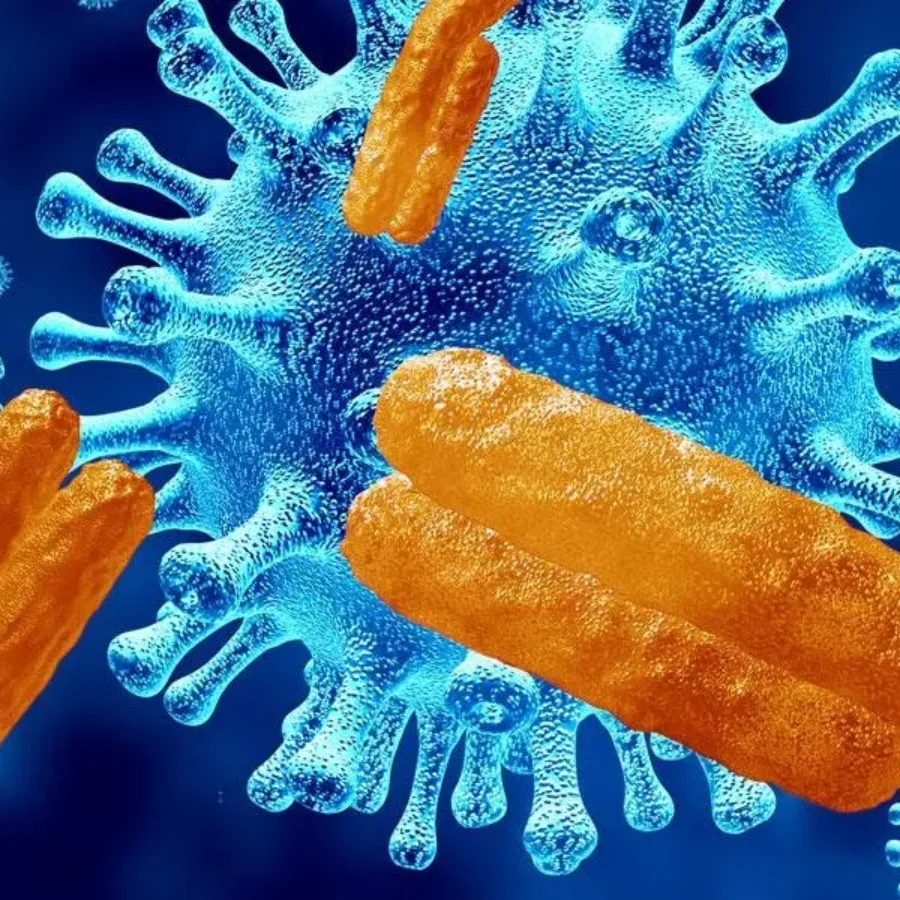 Blogs
Blogs
Biologics are drugs derived from complex molecules like antibodies. Over the last two decades they have re-emerged as…
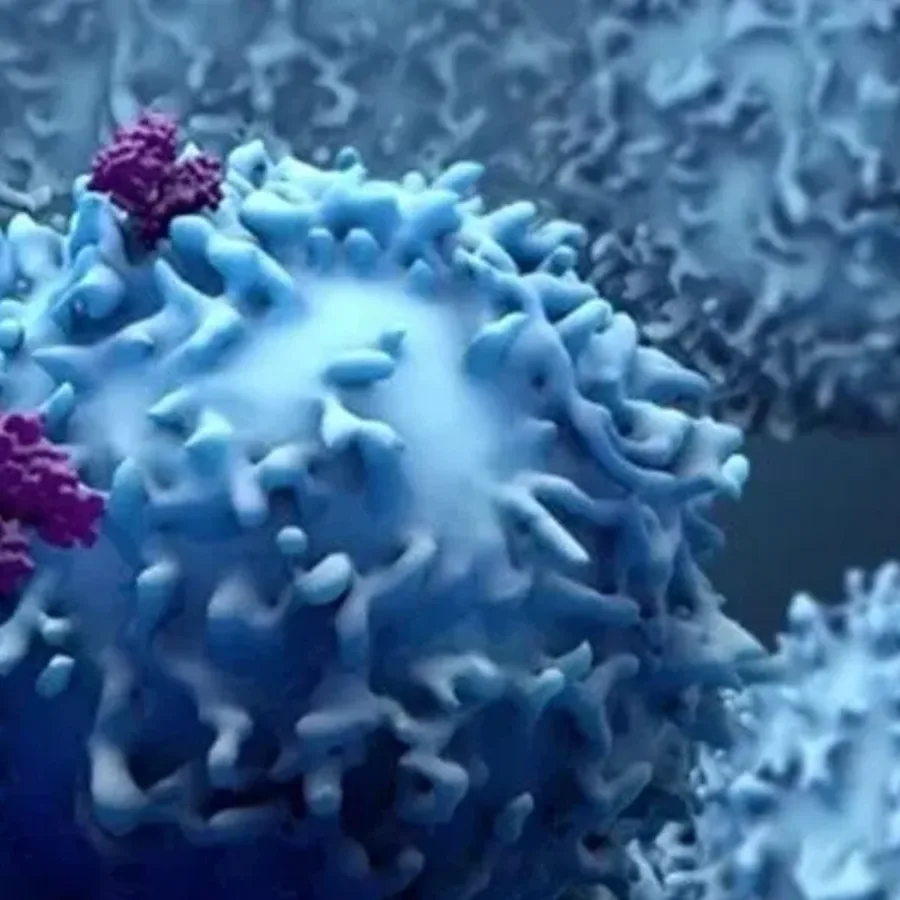 Blogs
Blogs
Due to its ability to analyze multiple parameters across different cell types within a sample, flow cytometry provides rich and clinically valuable data sets from even small volumes of blood. However, flow cytometry is a challenging platform to master, and requires significant investment in equipment and technical training.
